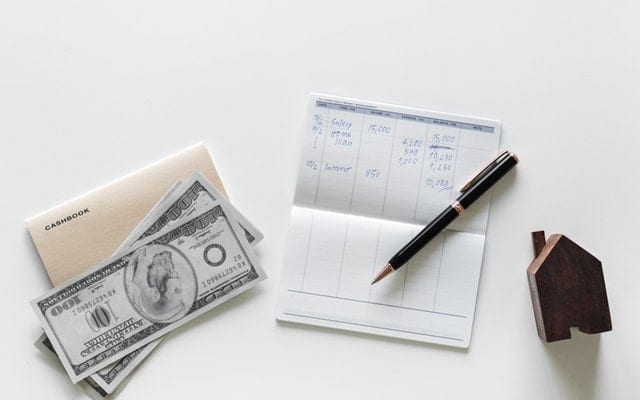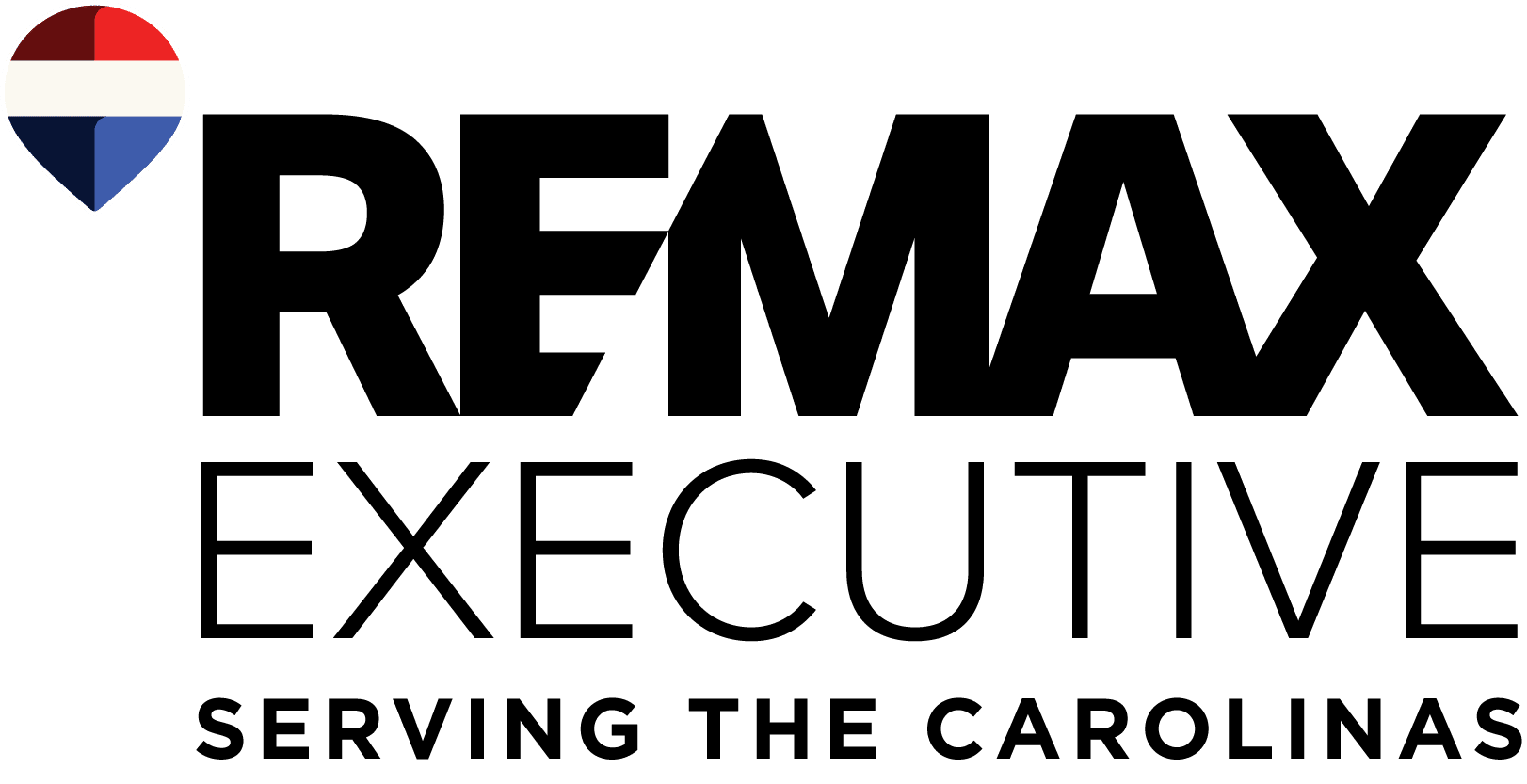Have you considered real estate as a career? You should!
Real estate investing has played a role in helping to create 90% of the world’s millionaires. In fact, more money has been made in real estate than in all industrial investments combined.
Homeownership has declined among those aged 35 to 44 from 67% in 2007 to 58% in 2015. The decline is the largest among all age groups. Several factors can explain this shift:
One, values of homes have been steadily rising than incomes, therefore making housing expensive for many tenants. In addition, an increasing number of Americans are beginning to appreciate the flexibility offered by renting.
The result is more millennials are renting for longer. According to a survey by Freddie Mac, by 2020, more than five million baby boomers are expected to rent their next home.
What does this all mean to investors wanting to own rental properties? Well, this can only mean one thing – the rental market in the U.S. is booming! The steady growth in the rental market means that now is an excellent time to become a landlord.
Owning a rental property has several benefits. Being able to provide a source of passive income is one of the main attractions it provides. Pride of ownership, for some landlords, may be part of the allure as well.
It sure is rewarding to be able to make decisions and confidently manage your property. For others, the monetary benefits and the security of owning a rental property are the main attractions to the business.
Successful wealth creation through real estate, however, requires a good understanding of the business. Among other things, you need great tenants, understanding of the market conditions, the right location, and learning how to assess property values.
If you are looking to become a landlord, here are a few benefits to expect.
1. Real Estate Appreciation
Appreciation is an increase in the value of an asset over time. A number of reasons can cause the increase. For example, changes in interest or inflation rates, or because of increased demand or weakening supply.
Hence, while your property is generating cash flow, your property is also gaining more value. A property that you bought for $300,000 a while ago can be worth much more today.
Generally speaking, the longer you hold on to the property, the better the profit you’ll get from the sale of the property.
2. Tax Benefits

When it comes to owning rental properties, taxes drive many decisions. For example, you’ll be able to know whether a particular investment is worthwhile for you or not.
Rental property owners are entitled to many tax benefits. These can help you grow your returns and mitigate your risks. A good example of this is the cash flow you get from the investment. It’s tax-free!
There are also tax breaks on expenses like depreciation, legal fees, running costs, maintenance, investment property taxes, as well as insurance.
Therefore, if you make $50,000 from your investment, you’ll get to keep much more of it than you would in a different industry.
3. Diversification

Diversification is an extremely important process for investors and real estate investing. It helps to hedge against risks.
Rental properties are a great way for any investor to diversify their investment portfolios. They can help serve as an added layer of protection against risk. Besides, you may be able to take advantage of positive market swings.
4. Passive Income
This is undoubtedly one of the biggest benefits to owning rental property. With an income property, you will be able to make a recurring income that requires relatively little maintenance effort.
For people who are looking to get an additional layer of security during retirement, or simply to make money on the side, owning rental property can be an attractive option.
In addition, as already mentioned, rental income is taxed differently. It allows you to keep more than you would if you were on employment income.
That being said, you have to keep tabs on your investment cash flow. Ensuring it remains positive is the only sure way to guaranteed profits at the end of every month. On the other hand, a negative cash flow means you are losing money.
5. Hedge against Inflation

Inflation is a slow, silent killer, which gradually erodes the value of money, and in turn the value of accumulated savings. Luckily, if you own property, inflation is nothing to fear.
Real estate investing acts as a hedge against inflation. This means that you will not be affected negatively when inflation occurs.
When inflation rates are high, you can raise the price of rent. Plus, if you plan to sell your property during this time, you can reap profits by listing it for a higher price. Oh, did I also mention that inflation does not push up fixed mortgage payments?
As you can see, it’s, therefore, no wonder that real estate investing is considered a “smart investment strategy.†Done right, it can be a moneymaking machine for you for many years to come.

